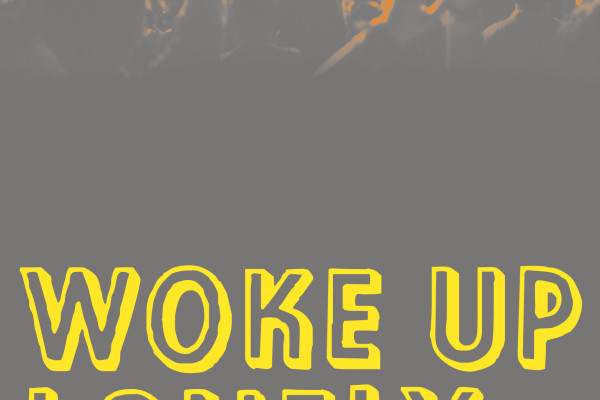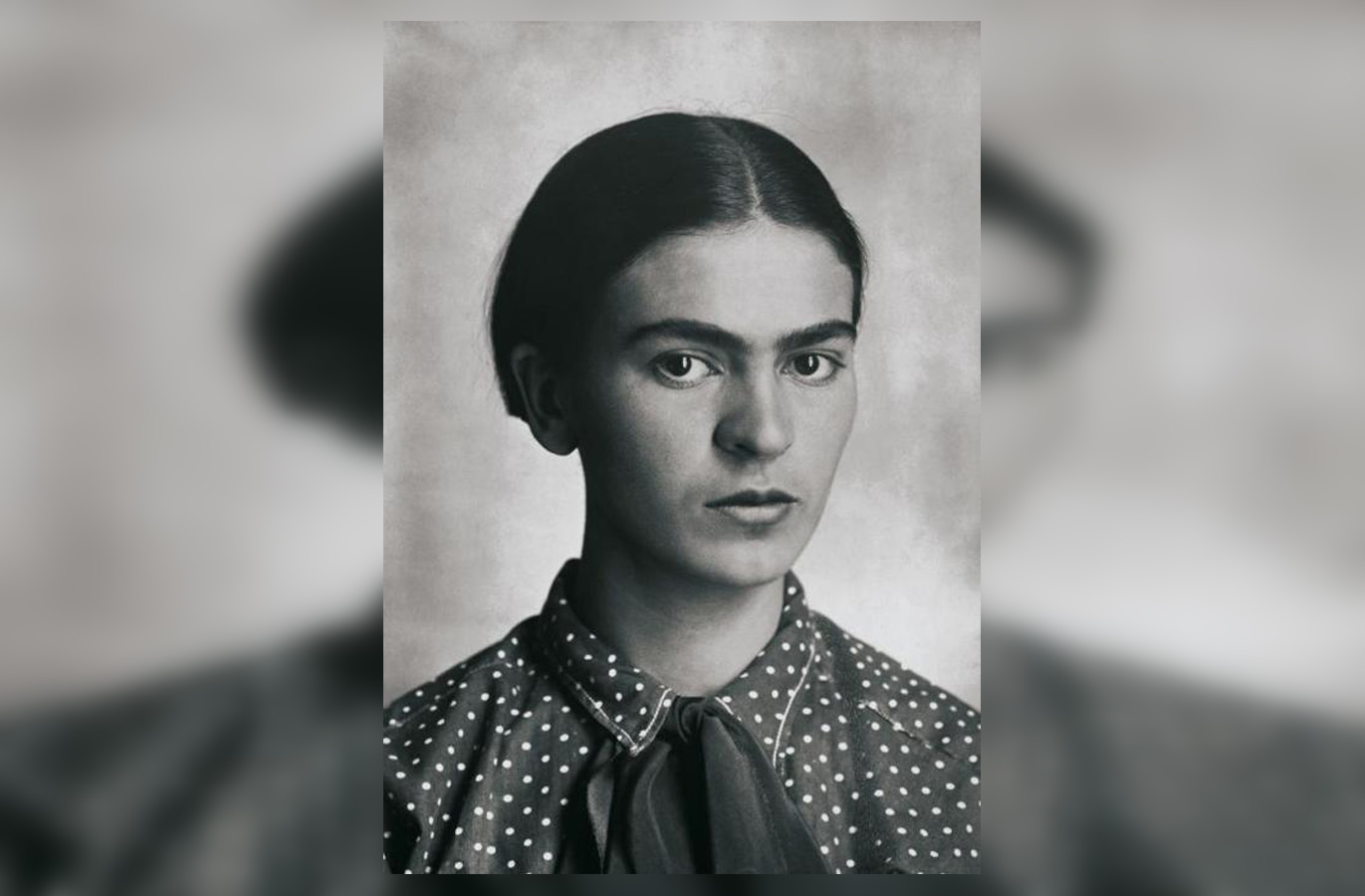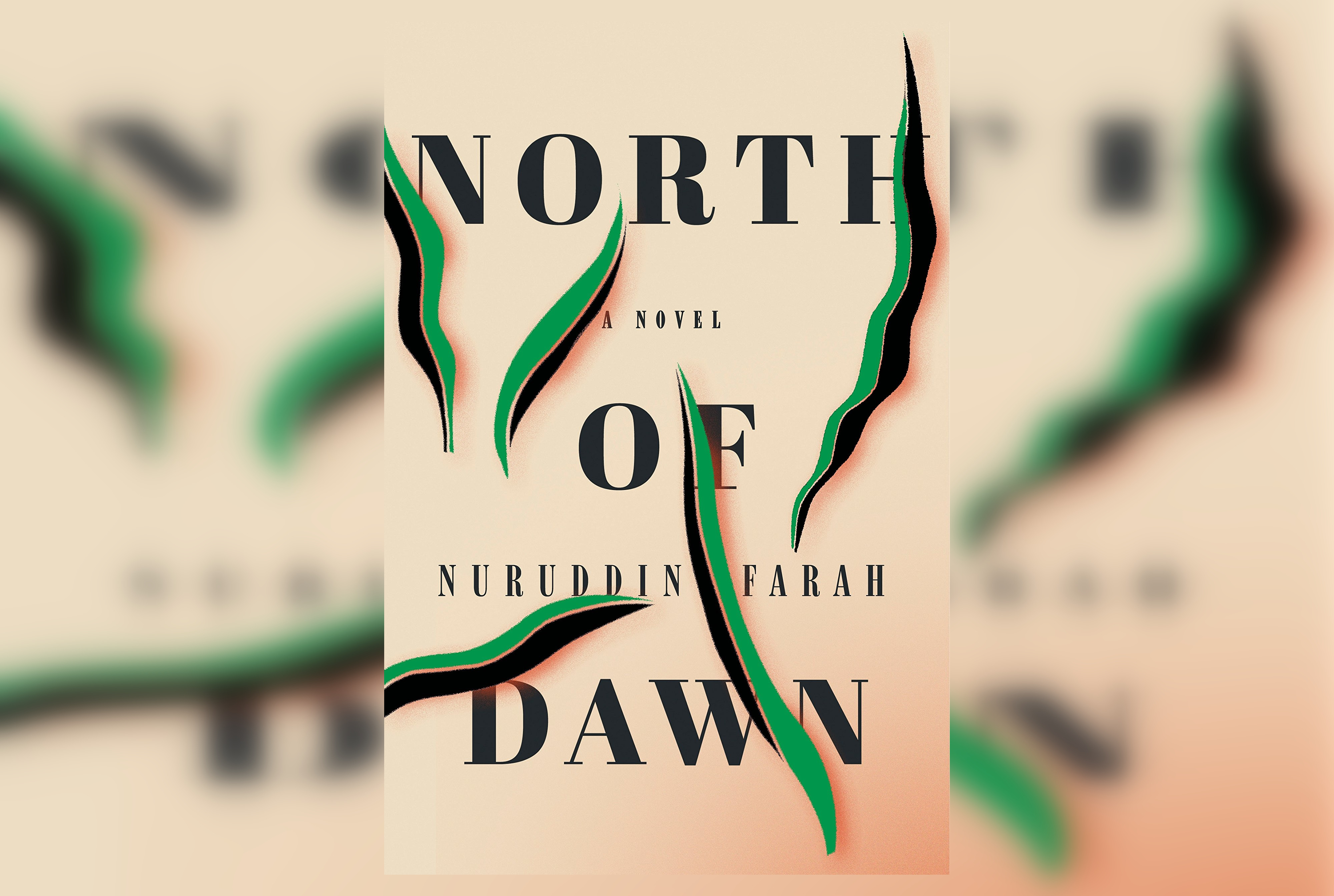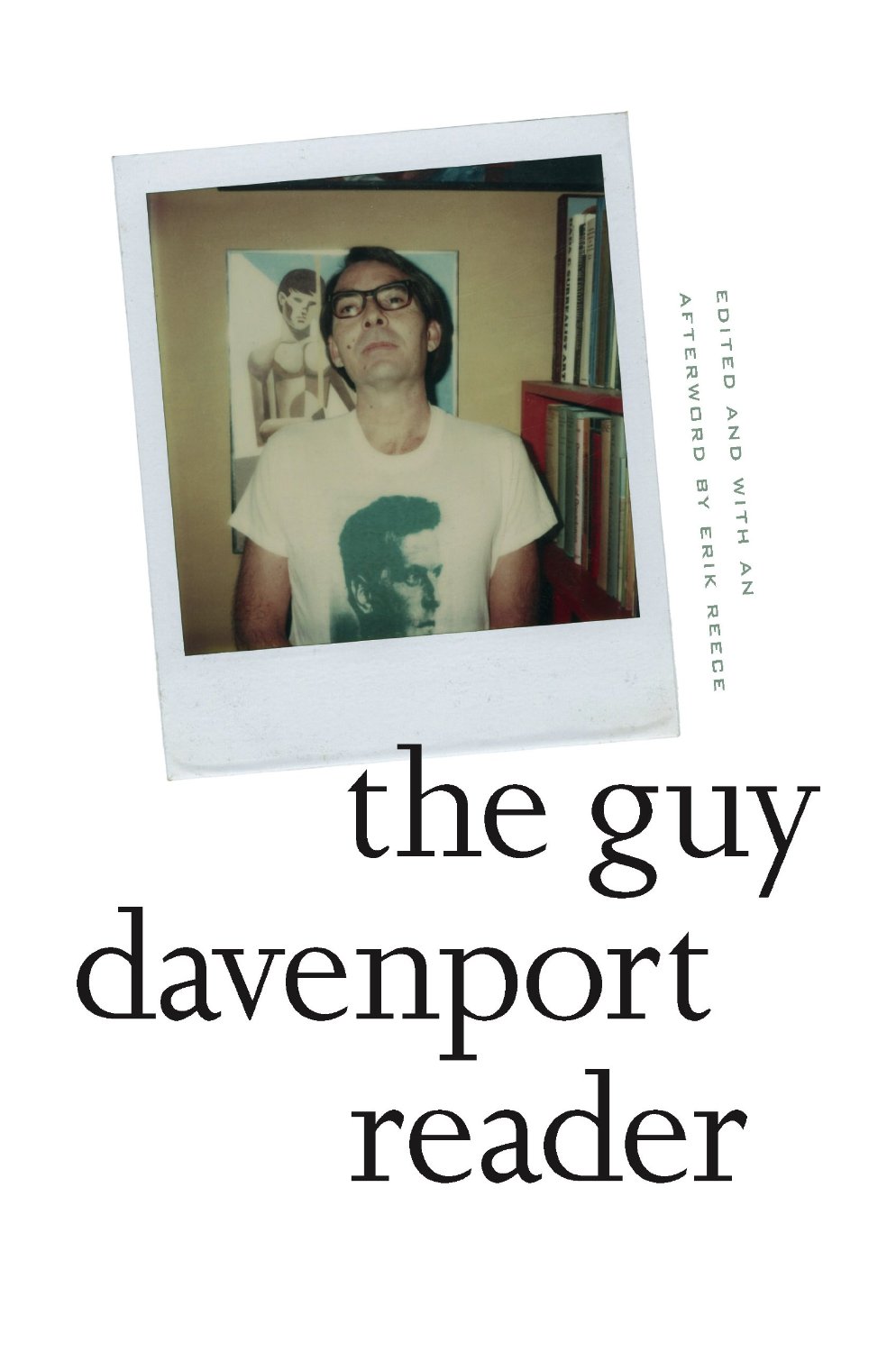Review by Amy Feltman

Woke Up Lonely, Fiona Maazel
Graywolf, 2013
Here’s a disclaimer, front and center: I was in Fiona Maazel’s class this semester at Columbia. The topic of our seminar was about keeping readers interested in narratives; many strategies were discussed. Have something creepy and intriguing happen in the first paragraph—be elusive. Or don’t be elusive, tell the readers exactly why the barn burned down and then make us care about it. But then there are the books in which content blindsides well-executed craft and style, and this is one of those. Is there a prostitution center and casino only accessible through underground tunnels in Cincinnati, Ohio? Sure. Is there a Caucasian woman dressed as a Korean trying to impersonate a Caucasian woman, slyly navigating North Korea in search of her ex-husband, the most mild-mannered cult leader of all time? Yup. Everything is wildly unique and foreign and heart-wrenchingly nonchalant in announcing its unique- and foreignness, and that is enough to keep me hooked. All the elements of this novel that could usher in clichés—broken family, cuckolded husband, a deeply unfortunate woman who gets slammed with cancer, sexual abuse, and unrequited love—instead somersault through our expectations. Maazel has created a world that is all her own.
From the first two sentences, the reader is struck by alienation and façade that feature strongly throughout the book: “They were together. In their way.” Their way, of course, signifies to us—particularly in hindsight—that this group of characters is closer to the cast of NBC’s Community than the lovable nuclear family of Leave it to Beaver. The heart of the novel centers on the figure of Thurlow Dan: father of Ida; ex-husband of Esme; founder of the ubiquitous cult, the Helix, which offers a “cure” for loneliness for its loyal members. If the Helix sounds utopian and strangely appealing, that’s because it is. “Tell me something real,” Thurlow Dan tells his followers. “Talk to each other… and start feeling better.” Thurlow, who comes across as the kind of guy who would wear socks with mismatching flip flops, is the opposite of the prototypical cult leader. He’s not a good father or a good husband, but his fuck-ups have the aftertaste of good intentions. His imagined ten-year reunion with his daughter involves a three-sentence meditation on which dessert would be most irresistible. He’s perpetually trying out for a play, and that play is a modern-day salvation: the mending of the nuclear family. Forgiveness.
Which is why it’s surprising when Thurlow Dan, the “biggest virgin” we’ve ever seen, takes four hostages in Cincinnati. These misfits have been sent there by Thurlow’s ex-wife Esme—who is two-timing the FBI, her now-impatient employer, by protecting Thurlow—for the innocuous task of spying on Thurlow. He’s just returned from North Korea, seeing opportunity for the Helix in their socially secluded nation (Is there a lonelier place in the world than North Korea?). Esme, we learn, has been tailing Thurlow for the past nine years, despite divorcing him and raising their daughter Ida alone. Or, leaving her daughter to be raised by her own, now deceased, parents—Esme has as much maternal instinct as a slab of concrete. The plotline with Ida, Esme, and Thurlow is skillfully interwoven with the fate of these four hostages and the consequences of the hostage crisis for the Helix. Some of the supporting cast shine here, particularly Thurlow’s father and stepmother; others feel lost in the shuffle, especially the expectant father with a gambling problem and Crystal, a teenage Helix member that Esme adopts in hopes of curing her loneliness without Thurlow and Ida. Nice try, Esme—nobody’s getting out of the modern emotional crisis that easy. Crystal’s main focus is whether she can access the car keys, and sadness prevails.
But not always. There are small triumphs along the way: characters realizing their potential for happier lives outside of the confines of the Helix, characters shutting the (literal) door on their traumatic pasts. In “Woke Up Lonely,” plotlines are eccentric rollercoasters, swinging into conclusions with relief and satisfaction. The reader travels along with Esme, Ida, and Thurlow on their individual paths, hoping (hoping hoping hoping) that things will come together. And they do, in only the way that Maazel’s characters could.
This is a novel that demands a lot from its readers. Maazel’s vocabulary can be demanding, and the tone fluctuates from cynically playful (“Time heals all wounds? Ha, ha-ha, ha-ha”) to stiff and informative (though certainly necessary) background on North Korea and related treaties, groups, and innumerable acronyms associated with the Hermit Kingdom. The decision to break traditional narrative with long lists of memories and introspection is a gamble, but one that pays off. Maazel is smart and expects as much from her readers. The form mimics the events of the story; the hostages disappear for much of the novel, and the reader may feel surprised and unsure about his/her emotional connection to these four strangers when they reappear. This has the interesting effect of allowing readers to become Thurlow Dan, if just for a moment: who are these people? What are we doing here? What about our families, our cookies and hot chocolate? The chapter divisions plunge us through disjuncture, resulting in a jarring dreaminess that creates momentum and interest. Maazel anticipates and utilizes her readers’ reactions with talent and grace.
That is not to say that the novel doesn’t occasionally veer off from the lusciously eccentric, well-paved road. The brief inclusion of Kim Jong-Il’s perspective is puzzling, and at times Esme and Thurlow seem conflated. For a novel about a cult, I would have liked to see more of the Helix and less of Thurlow’s prostitutes (though they bring some pleasurable, no pun intended, comedic relief). However, Maazel’s impressive imagination and adept use of language make up for these flaws. “Woke Up Lonely” is intelligent, sharply constructed, and unique; an insightful novel that brings both challenges and rewards.
—
Amy Feltman is currently pursuing her M.F.A. in Fiction at Columbia University. She is working on a novella.




